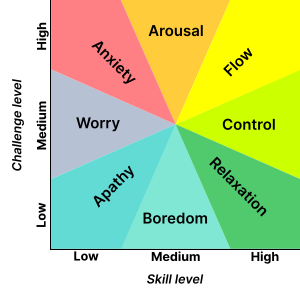At the end of the day, I am merely n=1, so my opinions and experiences are anecdotal at best. But what I am describing above isn't anything I figured out, it's all hallmark concepts taken from "Golf is Not a Game of Perfect". I also follow ball golf, and that book and the concepts in it are pretty much universally accepted as gospel to most of the touring players worldwide.
It's gained a bit of a following in the disc golf world as well and I have heard it referenced many times. At the end of the day, it's basic sports psychology 101. Did you check out the podcast that was linked above? Paul McBeth in a few sentences summarized everything I have been talking about here to the point I'm pretty convinced his strategy has been pulled from that book as well, there's no way he hasn't either read it or had a professional teach him who read it themselves.
There's just too many people who either play or follow sports that swear by it for me to dismiss the ideas as placebo. I'm pretty convinced it's gospel in what it preaches and I think it's beneficial to anyone who plays any sport as the foundational concepts behind the mental game of sport.
Does it work? I'll can say this with 100% certainty, in that the game is way more fun and enjoyable if you practice what he preaches, and with that in mind, it's win win no matter what.

